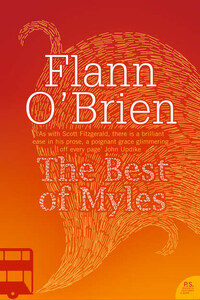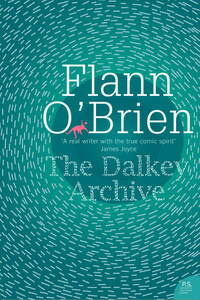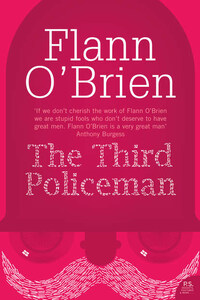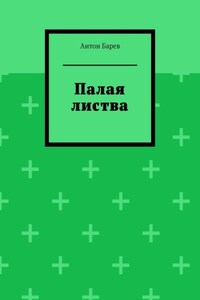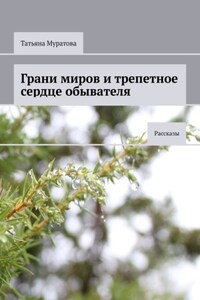Fourth Estate
A division of HarperCollinsPublishers Ltd 1 London Bridge Street London SE1 9GF
www.harpercollins.co.uk
Published in Paladin Books 1990
First published in Great Britain by MacGibbon & Kee Ltd 1968
Reissued by Grafton Books 1987
Copyright © Evelyn OâNolan 1968
All rights reserved under International and Pan-American Copyright Conventions. By payment of the required fees, you have been granted the nonexclusive, nontransferable right to access and read the text of this e-book on-screen. No part of this text may be reproduced, transmitted, downloaded, decompiled, reverse engineered, or stored in or introduced into any information storage and retrieval system, in any form or by any means, whether electronic or mechanical, now known or hereinafter invented, without the express written permission of HarperCollins e-books.
HarperCollinsPublishers has made every reasonable effort to ensure that any picture content and written content in this ebook has been included or removed in accordance with the contractual and technological constraints in operation at the time of publication.
Source ISBN: 9780586089507
Ebook Edition © MARCH 2016 ISBN: 9780007398348 Version: 2016-03-31
THE âCruiskeen Lawnâ column started in The Irish Times twenty-nine years ago, and continued until the authorâs death in 1966. Indeed it was resumed after his death in the form of reprinted articles under the heading âThe Best of Mylesâ. The column was at first wholly in Irish but shortly it came to be written in English on alternate days. This continued for several years after which it appeared mainly in English. The daily contribution was often quite long, and the topic of one day might be resumed on a subsequent day. This serial form was acknowledged in later years where an identical caption was often followed by I, II, III, and so forth.
In the present selection articles are separated by asterisks. Where the topic was continued, the continuation follows the asterisks. Accordingly the asterisks denote the conclusion of an article or a lapse of time before resuming. Apart from single or continued articles the selection includes shorter extracts, also isolated by asterisks.
It seemed worth while, for the convenience of readers, to attempt some classification. But it is not rigid. Many waifs and strays have been bundled into the Guardâs Van under âMiscellaneousâ. Nor are the other compartments specially reserved. A Keats and Chapman anecdote may be found lurking elsewhere than in their allotted space, or the Plain People of Ireland may find themselves hopelessly embedded in some alien context. But this reflects the reality of the column, where innovation and surprise were no rare ingredients, where the reader was unceremoniously hauled within brackets (for greater privacy), or addressed not in English or Irish but in a strange-looking mixture, English through the phonology of the Irish alphabet. In later years some of the authorâs adventures were related wholly in Latin. With regard to Keats and Chapman, the author once listed among his happiest moments the hypothetical occasion of being assured âthat I will never meet Keats in the hereafter.â
The selection covers about the first five years, mostly the period of the Second World War. The American critic Richard Watts, writing in the New York Herald Tribune (in the summer of 1943) summarised the scope of the column: âAs âMyles na gCopaleenâ he writes a daily column for the conservative and Anglo-Irish newspaper, The Irish Times ⦠a column devoted to magnificently laborious literary puns, remarkable parodies of De Quincey and others, fanciful literary anecdotes, and erudite study of clichés, scornful dissection of the literal meaning of highflown literary phraseology and a general air of shameless irony and high spirits. No one can build up a pun more shamelessly. No one can analyse the exact meaning of a literary flight of fantasy more devastatingly. He is at his best when telling absurd anecdotes, which he usually attributes to Keats and Chapman.â
Regular readers of The Irish Times may notice that the present selection does not represent the tone of the column throughout its whole history. In its more recent years the tone was often more sombre, more fiercely satirical, and many passages of savage denunciation deserve resurrection. Perhaps a further selection may give this saeva indignatio its place.
